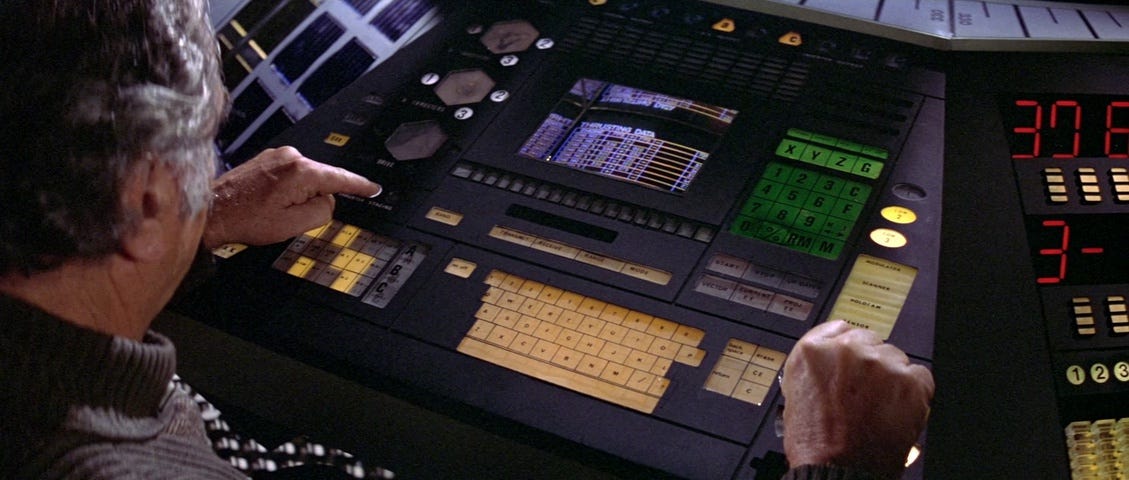The Most Underrated Early Hire in a Startup
The First Operator
Every early-stage startup has one.
Maybe not by title, but definitely in function.
They’re the person who steps into chaos and starts making sense of it. They pull together messy data, build the first dashboards, and quietly shape how the company thinks about itself. They don’t just report on the business—they define it.
Who is the first operator?
They’re usually the first person in the building who knows how to work a spreadsheet and ask the right questions. The titles vary: Head of Finance, BizOps Lead, Revenue Analyst, Data Analyst — but the outcome is the same: structure where there was none, clarity where there was noise.
This person touches every key metric that matters: ARR, funnel conversion, ROAS, payback periods, sales capacity, LTV. They bridge product, marketing, sales, and leadership… not by sitting in on meetings, but by being the one who can thread the numbers across them.
They bring a generalist’s curiosity and a specialist’s rigor. They don’t just make dashboards, they shape how the business measures success.
Why finance makes sense
If you're hiring your first operator, bet on someone with a finance brain.
Not an accountant. Not someone running payroll. Someone from the FP&A world. The kind of person who lives and breathes business models, who obsesses over the levers that drive growth, margin, and valuation.
Finance people are trained to think in outcomes. They don’t just ask what happened, they ask what it means. They know how to connect the dots between CAC and payback, growth and burn, hiring plans and runway. They don’t get distracted by noise or vanity metrics. They tie every insight back to what actually matters.
A strong finance operator won’t just help you track performance. They’ll help you define what performance is. They’re the first to spot when things aren’t working. And they’re the one making sure your board decks not only look good but tell a story that holds up under scrutiny.
What they actually do
The first operator usually ends up owning most of the GTM analytics stack. Whether or not they intended to. They report on ARR, break down the funnel, run marketing attribution and ROAS analysis, model sales capacity, and link product usage to monetization.
They’re also the one building the first board deck. Writing the first investor update. Establishing the benchmarks that will anchor how the company sets goals.
They start with a spreadsheet. But for better or worse, they become the source of truth.
And here’s the real magic: they don’t just analyze—they influence. They shape the questions people ask. They highlight gaps before others even realize they exist. They push the company to define its terms before scaling what it doesn’t yet understand.
The catch
No hire is perfect. Finance people aren’t always great systems thinkers. They can design elegant models, but they’re often not the right ones to build pipelines or automate dashboards.
That’s why the second hire is usually someone with more technical depth… a systems or analytics engineer who can take the frameworks and turn them into infrastructure. But make no mistake: frameworks come first. Always. Trying to automate what you don’t fully understand just leads to scaling confusion.
The impact
The first operator is one of the highest-leverage, least-recognized hires a startup can make.
They don’t just organize the data. They help the company think better. They create structure, focus, and truth at a time when no one else is holding that line. They become the heartbeat of decision-making—connecting ambition to execution, and growth to sustainability.
They’re rarely celebrated. But if you’ve had one, you know exactly how much they matter.
So if you’re early, and you’re trying to build something real—ask yourself:
Who’s your first operator?



Just spent 10 weeks teaching students the merits and value of thinking like an operator. Looking forward to more insights from your Substack.
Systems thinking tied to measurable outcomes. 💰